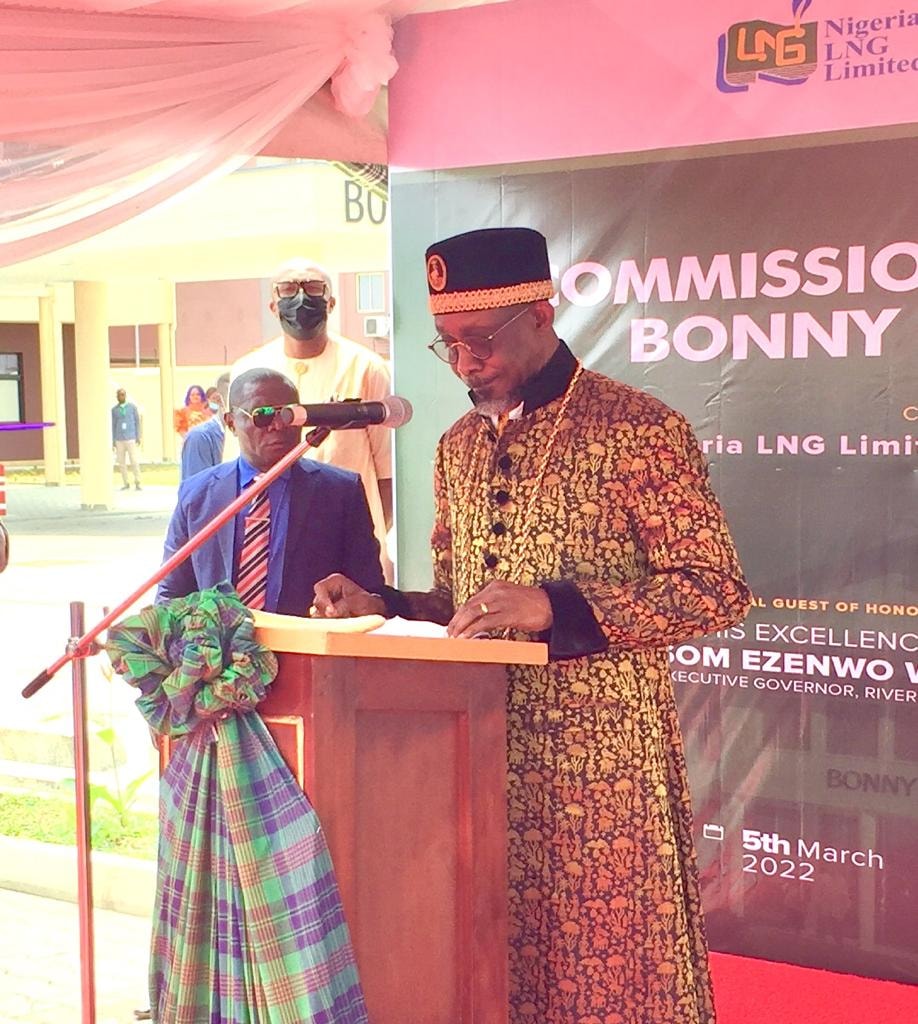Business
Agric Imports Exceed Exports By N443.35bn – NBS

Nigerian agricultural product importation has exceeded that of the export by N443.35billion, data reports from the Nigerian Bureau of Statistics (NBC) has revealed.
According to the data, the value of agricultural goods imported into the country exceeded exports by N443.35billion in the first quarter of 2022 amid rising security challenges that have continued to affect the fortunes of the sector.
The data also revealed that the value of total trade in agricultural goods in the first quarter, 2022, stood at N644.94billion of which exports were valued at N201.59billion.
It would be recalled that the banking industry, particularly the Central Bank, had decried the effect of insecurity on several interventions introduced for the agricultural sector.
Godwin Emefiele, Governor of Central Bank, had said that the Bankers’ Committee called on the Federal Government to prioritise efforts to curb the menace of insecurity to enable farming and other business activities return to normalcy.
A member of the Monetary Policy Committee, Mohammed Salisu, said “Drivers of inflation, especially food inflation, in Nigeria include disruption to farming activities and inter-state trade because of worsening security conditions, rural road infrastructural deficits, persistent supply chain disruptions, post-harvest losses, and sustained exchange rate pressures”.
The NBS data further showed that exports of agricultural goods increased by 51.89 per cent and 58.35 per cent when compared to the value recorded in the fourth quarter, 2021 (N132.71billion) and first quarter of 2021 (N127.31billion).
During the quarter, agricultural products exported to Asia were valued at N101.99billion, followed by Europe with N27.49billion.
The export of agricultural products was dominated by superior quality cocoa beans valued at N72.59billion, followed by ‘Sesamum seeds, whether or not broken’ with N56.45billion and standard quality cocoa beans with N13.21billion.
Sesamum seeds worth N24.34billion and N11.11billion were exported to China and Japan respectively, while exports of standard quality cocoa beans worth N6.70 and N2.74billion were exported to Germany and Malaysia respectively.
Total imports of agricultural goods imported in the first quarter, 2022 stood at N443.36billion or 7.51 per cent of total imports in the quarter.
By: Corlins Walter
Transport
Automated Points Concession : FAAN Workers Gave 72hrs To Revise Decisions In PH

Transport
FAAN Announces Pick-Up Points for Go-Cashless Cards

Business
Fidelity Bank To Empower Women With Sustainable Entrepreneurship Skills, HAP2.0
-
Politics3 days ago
2027: NIGERIANS FAULT INEC ON DIGITAL MEMBERSHIP REGISTER DIRECTIVE
-

 Environment4 days ago
Environment4 days agoLAWMA Director Says Sweeping Reforms Have Improved Waste Collection
-
Politics3 days ago
LP Crisis: Ex-NWC Member Dumps Dumps Abure Faction
-

 Politics3 days ago
Politics3 days agoUmahi Dismisses Allegations On Social Media, Insists On Projects Delivery
-

 Sports4 days ago
Sports4 days agoAbia Not Sure To Secure continental Ticket
-
Politics3 days ago
NATASHA ELECTRIC VEHICLES INITIATIVE IN KOGI CENTRAL
-
Sports3 days ago
La Liga: Yamal Records First Career Hat-trick
-
Politics3 days ago
IT’S A LIE, G-5 GOVS DIDN’T WIN ELECTION FOR TINUBU – SOWUNMI

